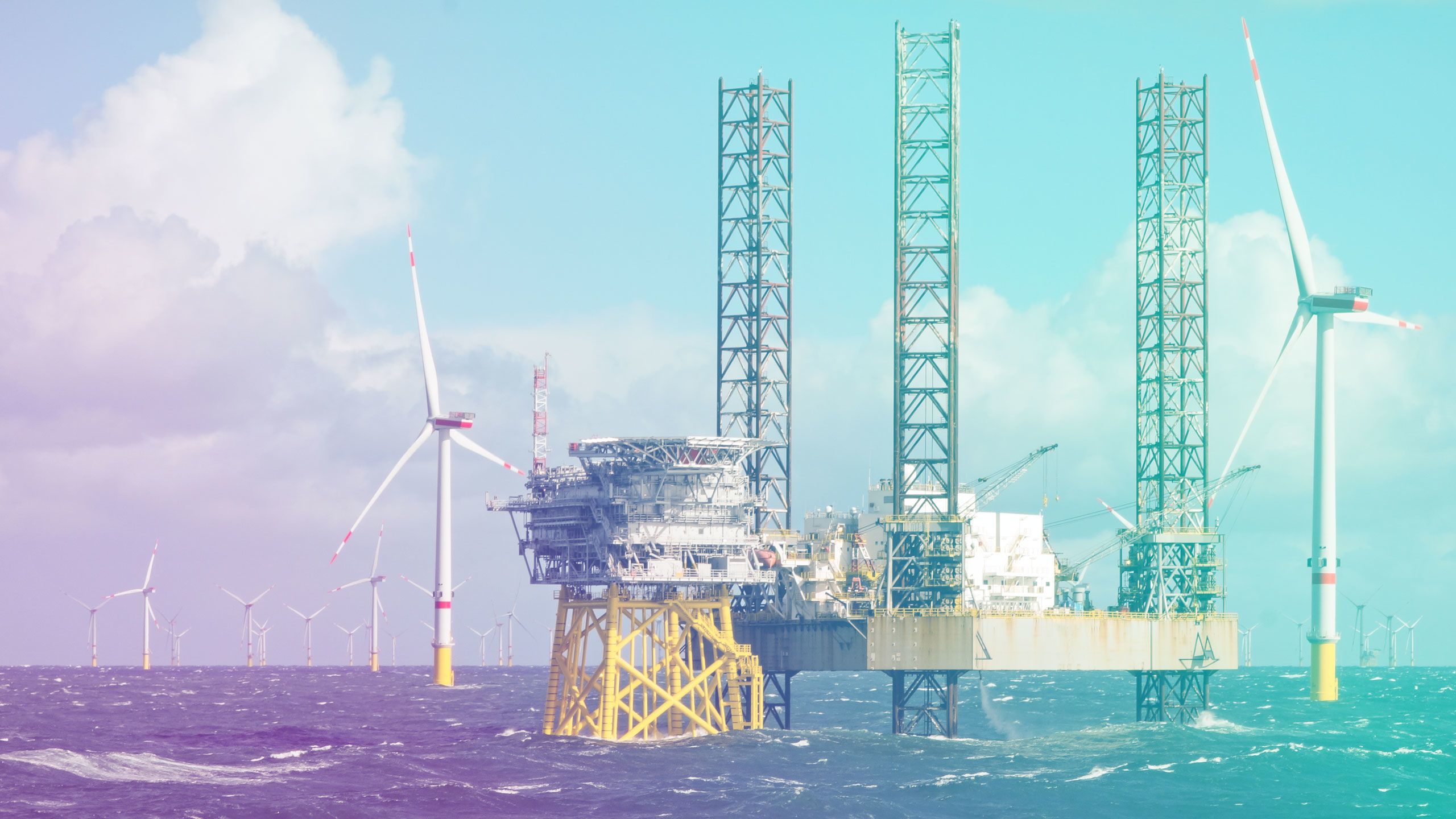
“ I feel very positive about the energy industry’s future. It will be very inclusive with a plethora of energy sources to utilise -- thereby increasing the size of the industry, driving innovation and lowering costs as technology improves for renewable and non-renewable sources.”
Dr. Lawrence Wilcox is an engineering specialist, research scientist and visiting professor with more than 15 years of combined work experience in the energy industry and academia. He currently works as a Postdoctoral Research Fellow at the National Decommissioning Centre researching the decarbonisation of offshore energy.
I grew up in Calgary, Canada and was introduced to both engineering and the oil and gas industry at a very young age by my father. He worked as a structural engineer with an oil major for more than 30 years, and growing up, I personally developed a strong interest in computer coding and mathematics meaning it was only natural that I would follow a similar path. After gaining my bachelor's degree in mechanical engineering and landing my first job with Shell as a field engineer in Nigeria, I returned to education and completed a master's degree in oil and gas engineering before attaining my PhD in petroleum engineering.
My area of expertise is in computational geomechanics which is an interdisciplinary field of engineering that studies the mechanical behaviour of subsurface reservoir rock formations. It combines the best features of mechanical engineering, petroleum engineering, computational mathematics and structural geology.
I am currently working on the Data for Net Zero (D4NZ) project conducting postdoctoral research in offshore energy decarbonisation, infrastructure re-use and repurposing, and the energy transition. I am very proud to be involved in this project as it sits at the critical intersection of the oil and gas industry and renewable energy generation. I am working with a brilliant team of experienced researchers to develop tools for quantifying and reducing greenhouse gas emissions associated with decommissioning offshore energy assets, and examining the possibility of re-using and repurposing oil and gas infrastructure for renewable energy generation.
If we are to achieve our collective net zero targets, the industry must be involved at every level to deliver change. Attending the COP28 climate change summit at the end of last year opened my eyes to the power of collaboration. Including the oil and gas industry in the talks, along with petrostates, has resulted in the first-of-its-kind decision to wean such countries off oil and gas dependency over the next decade, which is a huge step in the right direction.
I feel very positive about the energy industry’s future. It will be very inclusive with a plethora of energy sources to utilise -- thereby increasing the size of the industry, driving innovation and lowering costs as technology improves for renewable and non-renewable sources. I also envisage significant growth in developing regions, especially sub-Saharan Africa as their populations will grow exponentially over the next 20 years, driving a sharp increase in energy demand that will be met with more energy supply.
At this very important time, my advice for someone looking to join and progress in the industry is to be focused on adding value in your field by solving a specific problem along the supply chain. This could be done by either making a process faster using adaptive technology, or more cost-effective, or less cumbersome to use. While the energy sector is bursting with skilled workers, ensuring you are bringing value will increase the appeal, desirability and longevity of any young professional.
Do you want to feature in this series?
Get in touch at social@oeuk.org.uk

